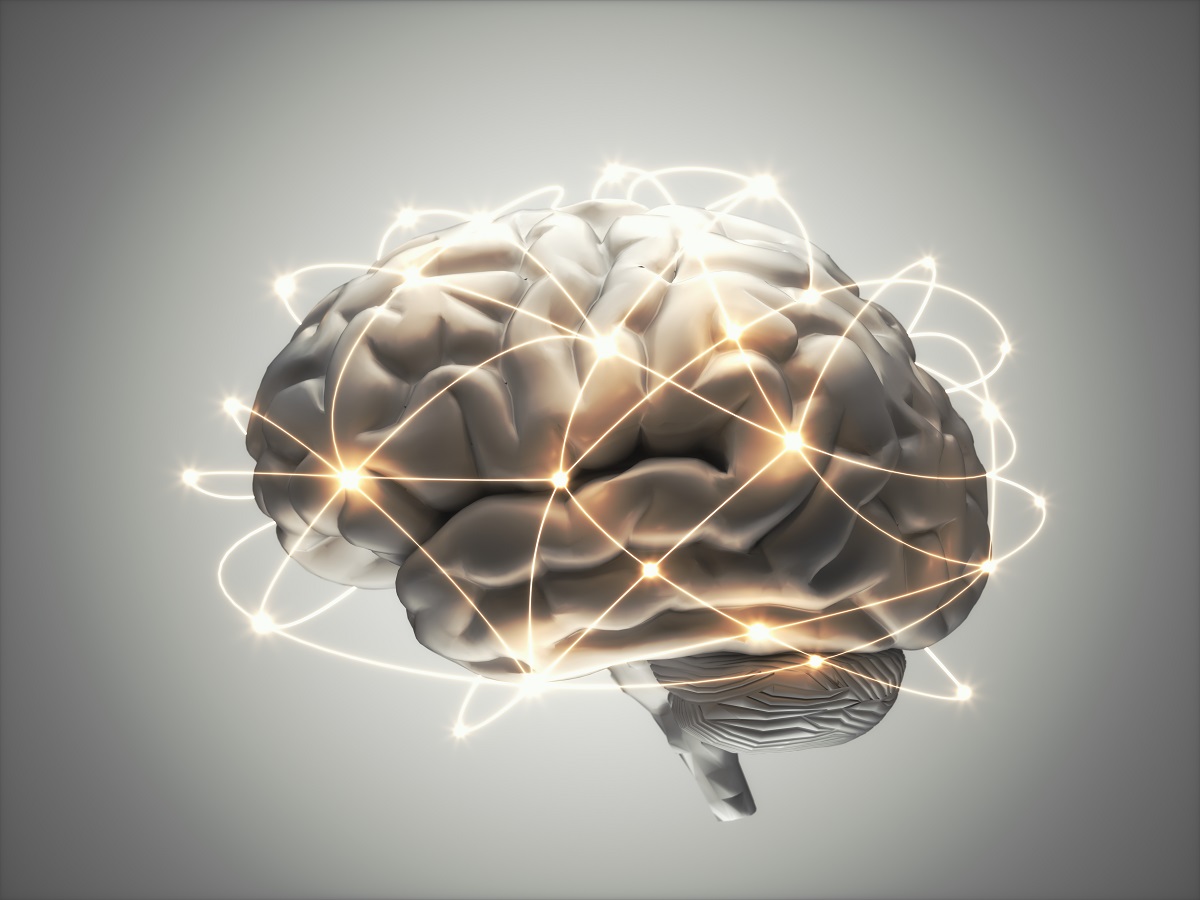What Causes OCD?
May 15, 2023
Obsessive-compulsive disorder (OCD) is an anxiety disorder that often manifests with repeating, ritualistic behaviors that the patient feels compelled to perform in order to manage intrusive thoughts. Like many other mental health disorders, it is not easy to say precisely what OCD is caused by; there are a range of…









